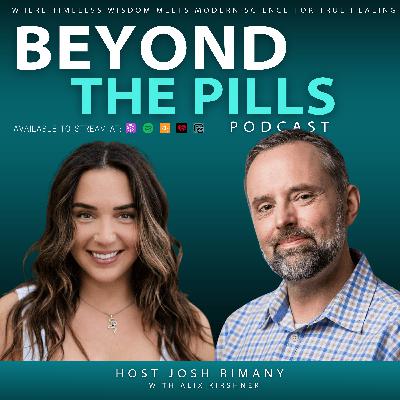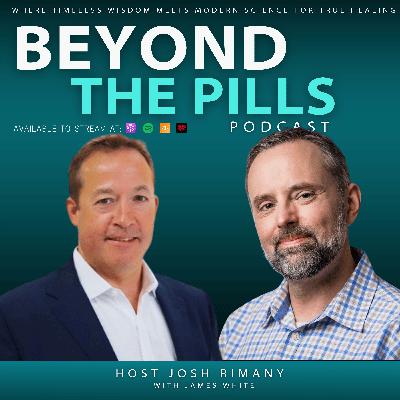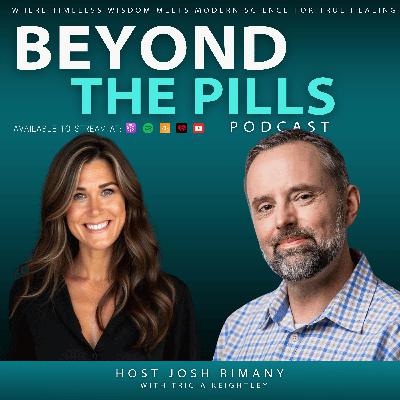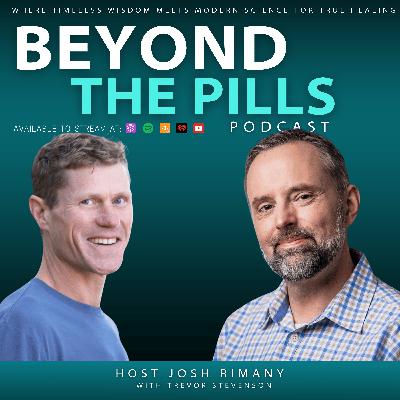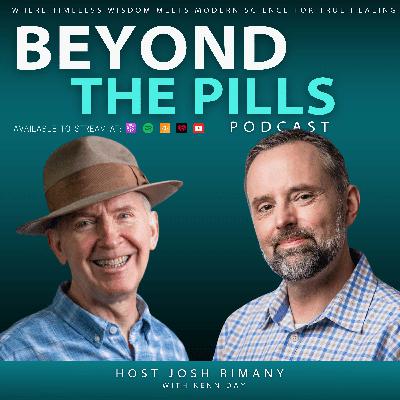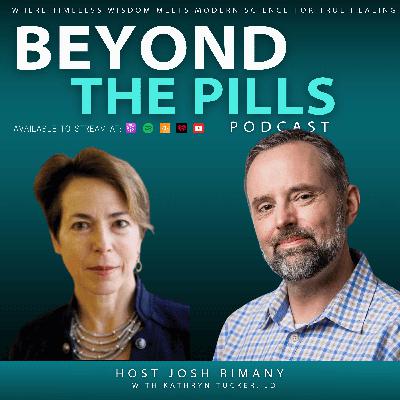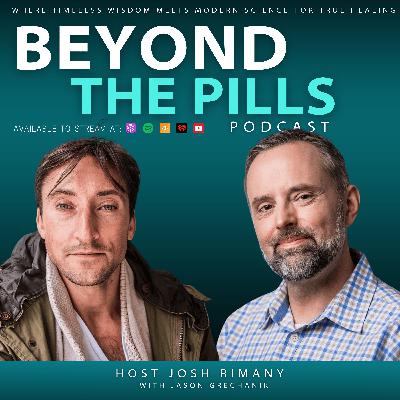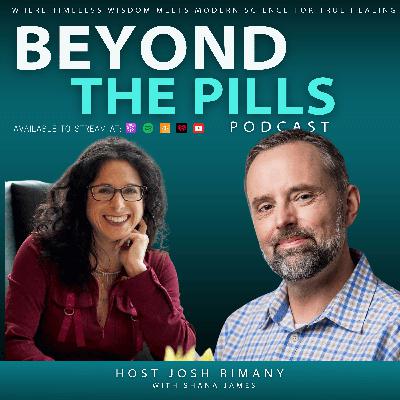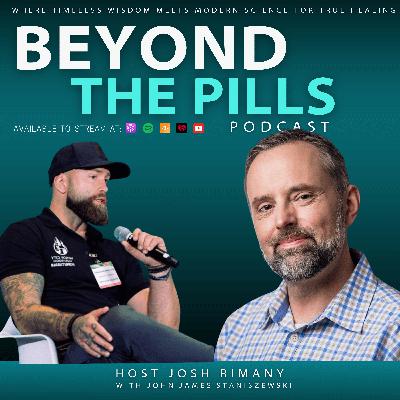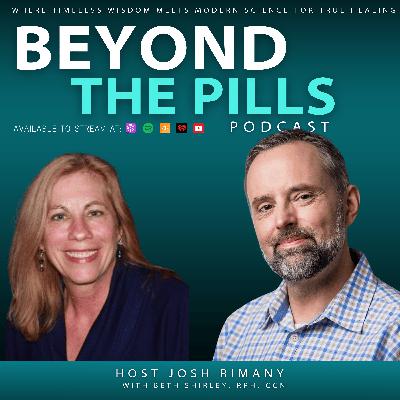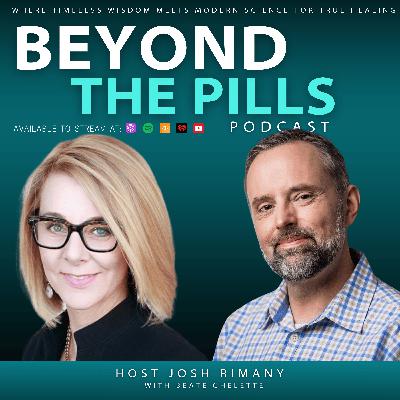#101: Alchemizing Pain into Power — A Deep Dive with Alix Kirshner
Description
Pain, illness, grief; these are the things many of us try to avoid. But what if they are the gatekeepers to something more real, more alive, more whole?
Meet Alix Kirshner, an Integration Coach and Certified Psychedelic Guide whose intended path in traditional therapy was forever reoriented by a cancer diagnosis. That diagnosis didn’t just challenge her physical health; it shattered her beliefs about pain, purpose, and what healing really means. From that breaking, Alix discovered a new way of being—a holistic journey that weaves together mind, body, spirit, and the profound intelligence of healing.
After earning a BA in Social Psychology at UMass Boston, Alix’s life took a radical turn. The cancer came, as did the unraveling of old narratives. As she faced her own mortality, she asked difficult questions about suffering, meaning, and transformation. In the aftermath of her recovery, she explored psychedelic experiences—not as escapism, but as catalysts for deep integration. In Colorado, she earned certification as a Psychedelic Guide through the Center for Medicinal Mindfulness in Boulder, grounding her work in safety, compassion, and real tools for transformation.
Today, Alix works at the intersection of science, spirituality, and compassion. She coaches clients at Mindbloom, particularly in integrating ketamine sessions, and in her private practice, Higher Healing, she guides journeys with medicines such as cannabis or psilocybin. She also supports those navigating grief—“grief” in all its forms: loss, transitions, unrealized dreams and helps people alchemize it into resilience, self-understanding, and purpose.
In this episode, listeners will gain access to:
- Real stories of how psychedelic integration can shift one’s relationship to pain;
- Rituals, practices, and frameworks that transform suffering into insight;
- The ways grief can become not just something we endure, but something that expands our capacity to love, to create, to be present.
You’ll hear about the importance of integration, a concept that’s central to psychedelic therapy. A recent analysis found that the literature on psychedelic integration spans more than 1,000 clinical papers covering some 40,000 patients, and shows “large” to “very large” effect sizes in outcomes when integration is part of the protocol. Frontiers
You’ll also learn about brain changes revealed in research: for example, psilocybin therapy has been shown to produce rapid, sustained antidepressant effects correlated with increases in global brain network integration, changes not observed with traditional antidepressants like escitalopram. Nature
Alix makes it clear: meeting your pain with curiosity and compassion doesn’t minimize your suffering but it transforms it. As one healing quote puts it, “The wound is where the light enters you.” — Rumi. Mindfulness Exercises
And from the world of psychedelic therapy: recent clinical trials show that therapy assisted by MDMA, psilocybin, ketamine, etc., is consistently revealing those shifts in anxiety, PTSD, depression symptoms—often when prior treatments have failed. American Psychological Association+1
If you’re feeling stuck with your pain, grief, or questions of purpose, this episode is for you. Tune in to be held, to be challenged, to be inspired. Let Alix’s story show you what’s possible when pain is treated not as something to escape, but as something to learn from, to integrate, to alchemize into something beautiful.
After listening:
- Reflect on what grief or pain you’ve been resisting: what might happen if you sat with it instead of pushing it away?
- Share this episode with someone who might need the permission to feel, to heal, to transform.
- Leave a review—help us expand the conversation; many people need to hear this message.
Key Insight
We all have the power to alchemize our pain—turning it into purpose, meaning, wisdom. Pain isn’t the opposite of love; it’s part of the same spectrum. When we meet it with compassion, we find transformation not in spite of our suffering, but because of it.

